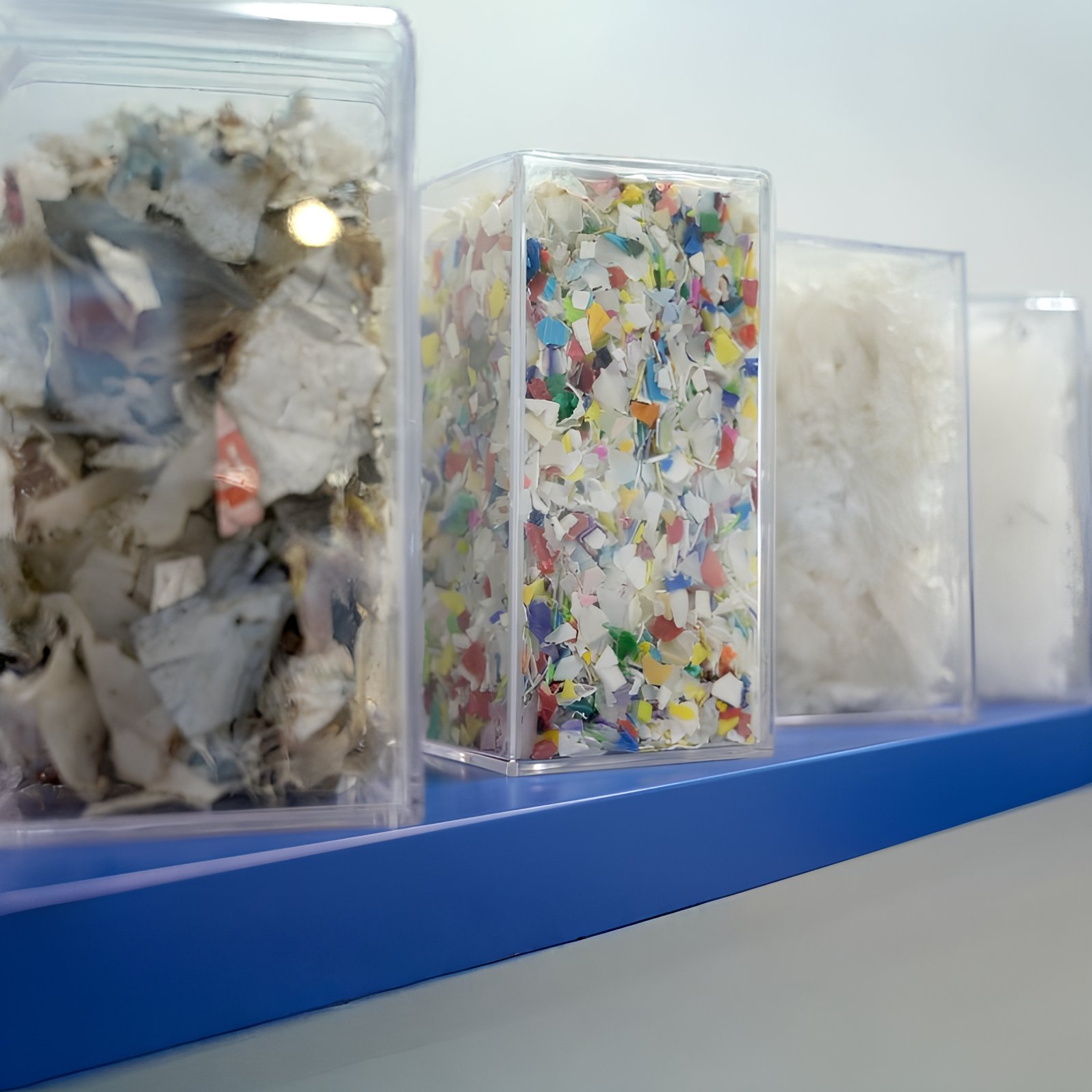Subtotal $0.00
Demand has been weak over the summer because of the holiday period, growing competitive pressure from the lower cost of off-spec virgin material and aggressively priced imports. Most recycling plants curbed their operating rates even further to avoid an increase in inventory levels. Only R-PET plants were running at normal rates through the summer because of good demand.
In July, R-PET clear flake, R-PET coloured flake and R-LDPE prices were unchanged from the previous month. R-HDPE, R-PP and R-HIPS prices fell €10/tonne. Only R-PET clear food-grade pellet prices increased; benefiting from better seasonal demand for beverage bottles and EU regulations on recyclate content.
In August, prices for most standard recyclate classes fell slightly because of low demand and competition from the lower cost of standard thermoplastics, even though input costs had risen. R-PET and R-HDPE prices fell by €10-20/tonne and R-PP and R-HIPS prices fell by €20/tonne. Only R-LDPE prices remained unchanged from the previous month’s level.
In September, even if demand improves a little after the summer holiday period, most recyclers are unlikely to be in a position to raise notations sufficiently to improve margins. Only R-PET prices are likely to increase because of good demand and stable production. Other classes are likely to see little movement in prices.
Recyclers will continue to face pressure from lower cost virgin material and competitively-priced imports. There is expected to be an excess of material on the market to meet the required demand, despite the cutbacks in production.
Price breakdown by material
Recycled polyethylene terephthalate (R-PET)
In July, clear R-PET food-grade pellet prices increased €10/tonne even though the cost of clear bottle scrap fell. Coloured flake and clear flake prices were unchanged from the previous month. R-PET demand benefitted from the onset of the summer beverage bottle season and EU regulations encouraging use of recyclate. There was more than enough material to meet the brisk demand and plants operated at normal levels.
R-PET recyclers adjusted prices downward by €10-20/tonne in August in order to support sales, despite an increase in the cost of clear bottle scrap. Plants continued to run at normal levels; there was no shortage of material. R-PET demand was stimulated by the hot summer weather, although some processors shut down their plants for the summer holiday period.
Recycled high-density polyethylene (R-HDPE)
In July, R-HDPE prices fell once again by €10/tonne due primarily to competition from cheaper imports of virgin material. Demand was even lower in July than in the previous month because the holiday season had begun. Plants continued to operate at a low level to avoid an increase in stock levels.
R-HDPE recyclers trimmed prices by €10-20/tonne in August because of low demand, competition from lower-cost virgin material and cheaper imports. Recyclate demand was curtailed as processors bought more standard material as prices fell and because of the summer holiday lull in activity. Recyclers maintained production curbs to avoid an increase in inventory levels while some plants closed down completely for a short time.
Recycled low-density polyethylene (R-LDPE)
R-LDPE prices remained unchanged in July because of the ongoing weak demand, a developing oversupply situation and the lower cost of off-spec virgin material. Demand was even slacker than usual due to the weak economy and the start of the holiday season. Recyclers throttled production to even lower levels, but even a further curb on production couldn’t prevent the emergence of excess stock levels.
In August, R-LDPE prices remained stable at the previous month’s level despite low demand and the falling cost of virgin material. Recyclers maintained production at a low level to avoid a further increase in inventories while some plants closed down completely for maintenance work.
Recycled polypropylene (R-PP)
R-PP prices fell €10/tonne in July mainly as a result of pressure from the lower cost of virgin material and weak demand. Recyclers’ stocks increased even though production rates were kept at very low levels.
In August, R-PP recyclers reduced prices for the fourth month in a row because of low demand, lower cost of standard material and cheap imports. R-PP recyclers continued to curb production to avoid an increase in inventory levels while some plants shut down completely for a short time. Processors favoured lower-cost virgin material and bought recyclate mainly for special projects.
Recycled high-impact polystyrene (R-HIPS)
R-HIPS prices fell by €10/tonne in July mainly because the price of virgin PS has collapsed in recent months and demand remained very low. Recyclers’ stock levels increased despite reduced plant operating rates.
R-HIPS recyclers were obliged to reduce prices for the second month in a row because of low demand and a further sharp reduction in the cost of standard PS material. There was more than enough material available to meet the low levels of demand despite production cutbacks.
Disclaimer: This blog article references information originally published on Sustainable Plastics. All credit for the primary reporting and statements belongs to the original source. We have curated and presented the content here solely for informational and educational purposes, without claiming ownership of the original reporting.
Source: Sustainable Plastics



